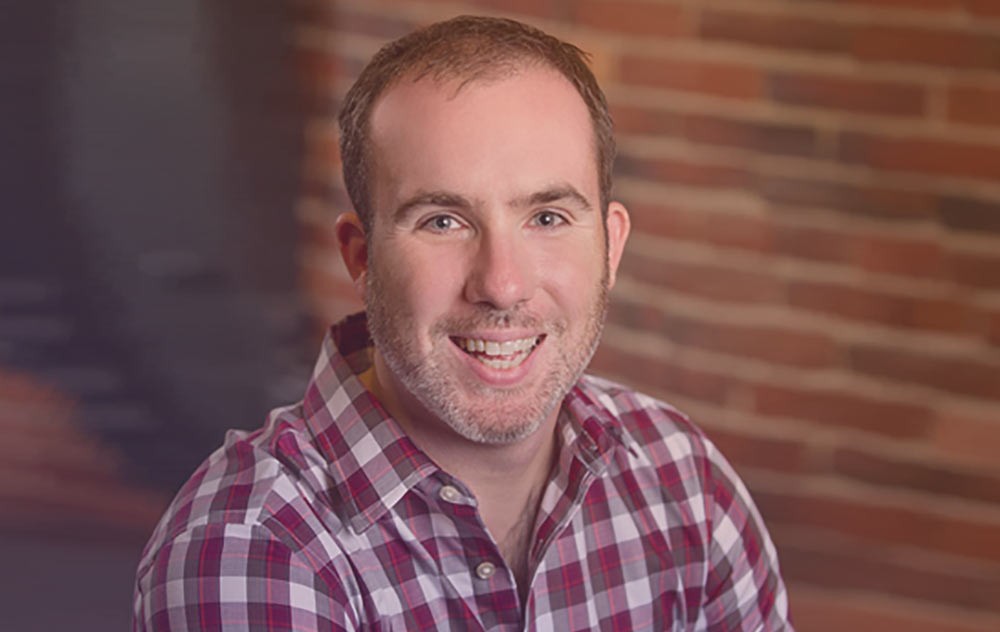A Firm Financial Start
David Weliver began learning about financial literacy when he opened a free checking account in high school. His parents were members of DCU in Boston, and “they set me up with a pack designed for young people; they called it the complete banking starter kit, including checking and savings accounts and a credit card with a low limit,” he recounts.
Even with such an early introduction to ensuring responsible financial health, David found himself in thousands of dollars in student debt after college. Like so many other people, he had ignored the cardinal rule of finance: Don’t spend what you don’t have. He recalls how the big banks doled out credit cards with ridiculous limits. It was just too easy to push the boundaries and get into debt. Conversely, at the credit union, he still had the same $1,500 limit. “It didn’t feel like they were trying to push me into debt. Even as I was overspending and racking up debt with my other credit cards, the credit union continued to work with me and tried to help me be responsible with my money,” he says.
Ahead of Their Time
When he became a credit union member more than 15 years ago, David appreciated how ahead of the curve they were technologically. Even while the Internet was still in its infancy, with credit union technology he could bank entirely online, and became used to that experience. To this day, he’s watched friends with other banks that are still trying to catch up on that front and feels fortunate that he hasn’t had to deal with those challenges with his credit union.
David also appreciated the funds availability policy that made $1,000 of a check deposited available immediately, versus another bank that might hold the funds for a couple of days. “When you’re a student, cash flow is important and you needed that check yesterday,” he says. “Credit unions are designed to make members’ lives easier, and that really makes a difference when every dollar counts.”
Offering that Personal Touch
There’s something to be said for knowing where you keep your money has a vested interest in your financial future. Credit unions are member-owned, which allows them the flexibility to be more innovative and provide services not traditionally offered elsewhere — because it’s the better banking their members want.
“Credit unions give borrowers every opportunity to pay their debts, whether it be a mortgage, car loan or anything else, and they treat people with care,” David says. “I really appreciated that approach when I was a college student and found myself broke and incurring overdraft charges. I never felt embarrassed and knew that they were on my side trying to work with me and improve my situation.”
David is no longer “under 30,” but with the help of his credit union and hard work, he was able to follow an action plan to get out of debt. He had to take on a second job at Starbucks and found a higher-paying “day job,” but he eventually made it through. He is now happily married with two young children and is able to focus on helping others attain financial freedom through his blog page “Money Under 30” where since 2006, he has been blogging about beating debt, increasing your earnings and investing wisely while you’re young.
To find out whether joining a credit union is right for you, check out Why Credit Unions.






